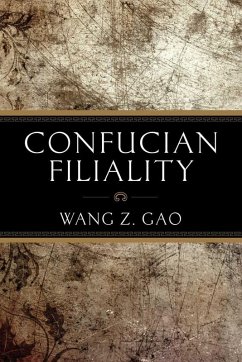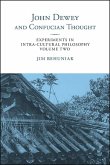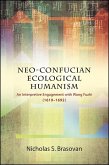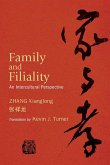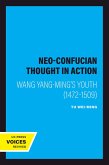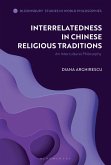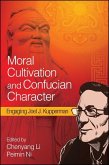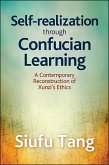Confucian Filiality is a wide-ranging work of scholarship on the role of filial piety in the Confucian value system. Gao approaches this core element of Confucian ethics with a fresh approach, synthesizing the classical Chinese research model and modern methodologies. Gao's analysis of Confucian filial piety from historical, societal, and philosophical perspectives enables a deeper understanding of this key Chinese moral value. At the core of Confucian Filiality, Gao provides the first English translation of the "old script" text of Xiaojing, or the Classic of Filial Piety.
Dieser Download kann aus rechtlichen Gründen nur mit Rechnungsadresse in A, D ausgeliefert werden.

